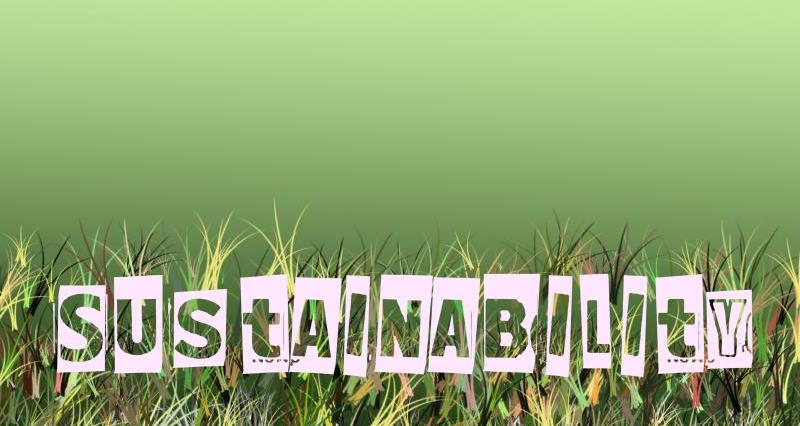They write:
The Sustainable Food and Beverage Conference brought together leading industry representatives from across the food chain. In the morning we focused on the Food and Drink Supply Chain and Logistics Summit, which featured several twenty minute talks focusing on specific issues. These ranged from changes to air regulations in towns which would impact the use of HGVs and vans, to new IT systems which can create holistic connectivity throughout the supply chain.
Of particular interest was the talk on ‘How food supply chain innovation is driving sustainability’ by Vincent Doumeizel, the Vice President of Food & Sustainability at Lloyd's Register Group. He proposed some exciting ideas about seaweed, and its potential as both a new source of protein and a new animal feed. He claimed that using seaweed as an animal feed it improves digestion, and has the potential to reduce cow methane production by 99%. Furthermore, seaweed captures greenhouse gases and can turn salt water into freshwater.
Innovations like this are essential for maintaining the supply chain and ensuring the future success of agriculture for food production. He also called for increased transparency within the food chain to tackle the problem of food fraud and reduce inefficient global food production practices (such as the export of Scottish salmon which is filleted in China and sold in France).
Following in this vein, we attended a talk on ‘How to develop controls in complex global supply chains’ by Philippa Williams. She spoke of how in an ever more intricate and interconnected global market, increasingly complex global supply chains will always benefit from taking measures to improve traceability, transparency and social responsibility.
Increased consumer awareness was listed as a large driving force behind the increased pressure upon supply chains to improve and maintain these areas. Olive oil, fish and organic produce were cited as the largest areas whereby people wanted to know more about the processes and credentials behind how their food was produced. Philippa suggested how by regaining a grasp upon local operating environments, simpler supply chains could be achieved to fulfil this demand. By assessing and differentiating global production on a local scale, Philippa also talked about how food safety and supply risks can be mitigated.
At the root of these statements were the effects Brexit is predicted to inflict upon global supply chains. Business continuity, environmental regulations and security were cited amongst social responsibility and traceability as the top five pressures facing supply chains post-Brexit.
